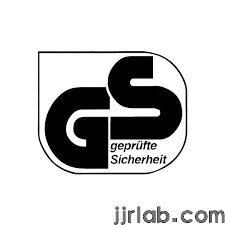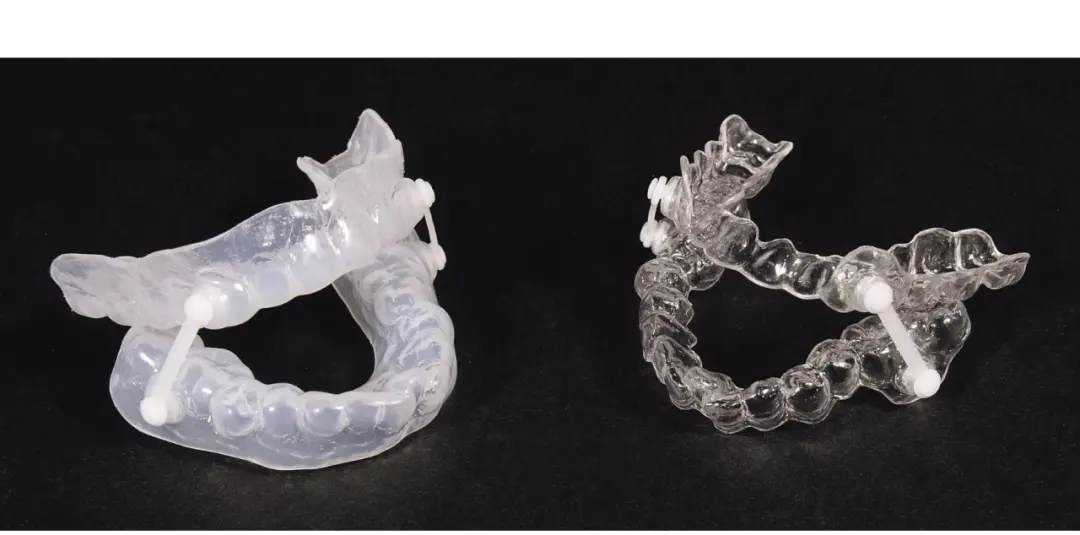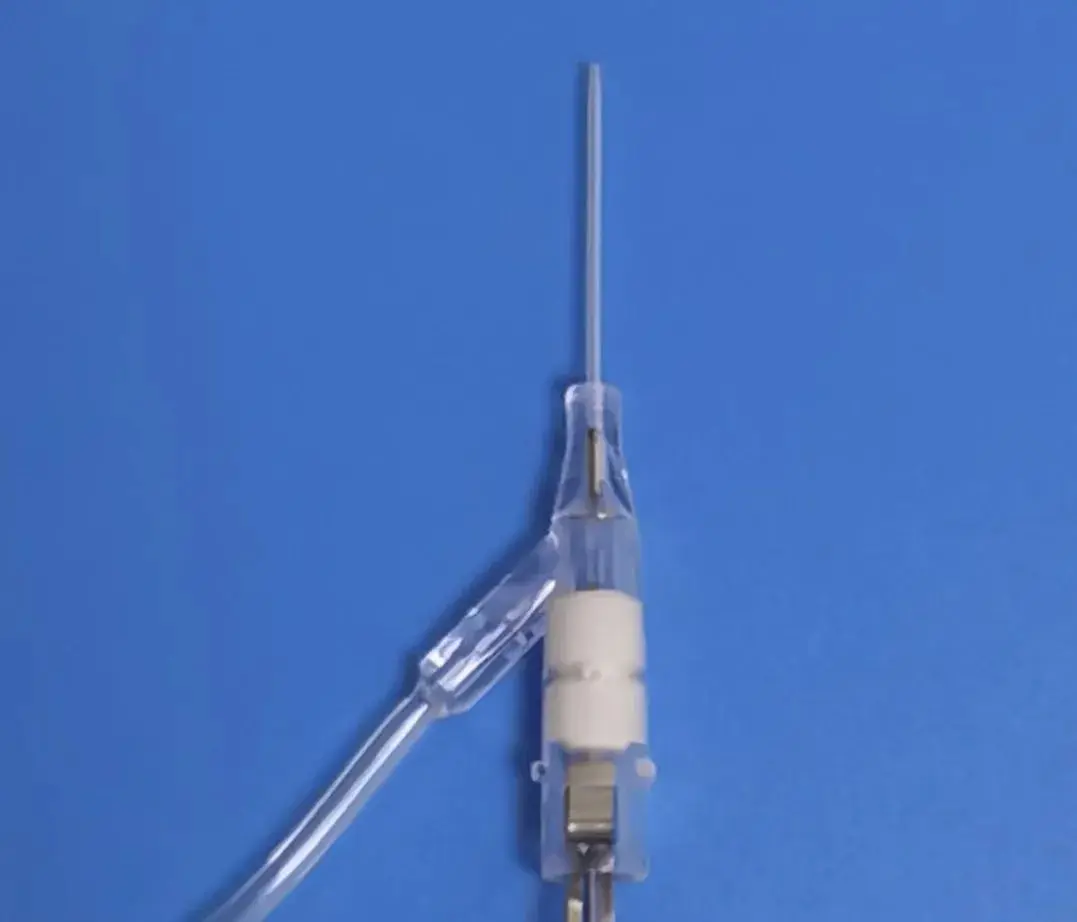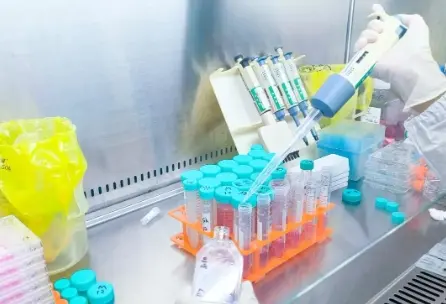
What is GS Certification Mark?
Introduction to gs certification
GS certification is a voluntary certification issued by institutions such as TUV and VDE authorized by the German Ministry of Labor. Although it is voluntary, it provides strong protection for manufacturers in case of problems, enhancing customers' confidence in purchasing. The certification process includes initial meetings, application, technical meetings, sample testing, factory inspection, and issuance of certificates. Products certified with GS often command higher selling prices and are more popular, thus increasing sales revenue.

GS certification mainly encompasses two aspects: product safety and quality. Specific requirements include:
1. Product Safety Requirements: GS-certified products need to undergo type testing according to European safety standards and comply with product structure and instruction manual requirements. Strict requirements for factory quality assurance systems are necessary, including factory audits and annual inspections, along with safety-related procedural checks in production areas.
2. Product Quality Requirements: GS certification also demands safety-related procedural checks in production areas and requires product quality to meet standard requirements.
The GS certification process includes submitting application forms, document submission, sending samples by mail, and conducting factory inspections. Applying for GS certification requires submitting documents such as assembly drawings, electrical schematics, material lists, etc., as well as conducting sample testing and factory inspections.
For products intended for the German or European market, obtaining GS certification is a necessary step. GS certification can reduce the risk of accidents, alleviate approval obstacles, enhance enterprise recognition, and continuously improve product quality. The scope of GS-certified products includes communication products, household appliances, sports equipment, household lighting equipment, electrical and electronic office equipment, electronic measuring instruments, power tools, industrial machinery and experimental measurement equipment, safety-related products, etc.
German GS Certification Process
1. Submission of Application Materials: Applicants need to fill out application forms, sign general agreements, and submit relevant documents such as CB certificates and reports, user manuals, parts lists, circuit diagrams and layouts, product structure diagrams, specifications for components such as transformers, nameplates, electromagnetic compatibility assessment reports (EMC), and Declaration of Conformity (DOC) from the factory.
2. Initial Review: Application materials undergo preliminary review by institutions such as JJRLAB, TUV, VDE, etc., to ensure compliance. (hello@jjrlab.com)
3. Test Plan Development: Detailed test plans are developed based on product characteristics and safety standards to ensure smooth testing.
4. Testing of Samples: Samples are provided for testing according to the test plan to ensure compliance with safety standards.
5. Factory Inspection: Institutions such as Nationally Recognized Testing Laboratories (NRTL), TUV, VDE, etc., inspect factories to ensure compliance with safety standards during the production process.
6. Issuance of GS Certificate: Upon successful review, institutions such as TUV, VDE, etc., will issue the GS certificate.
GS Certification Projects
1. Household Appliances: Including kitchen appliances, washing machines, dryers, refrigerators, air conditioners, etc.
2. Household Machinery: Such as vacuum cleaners, dishwashers, ovens, irons, etc.
3. Sporting Goods: Including sportswear, sports equipment, sporting goods, etc.
4. Household Electronic Devices: Such as televisions, computers, audio systems, cameras, smartphones, etc.
5. Electrical and Electronic Office Equipment: Such as printers, copiers, fax machines, scanners, monitors, etc.
6. Industrial Machinery: Such as power tools, machining equipment, automation equipment, etc.
7. Experimental Measurement Equipment: Such as laboratory instruments, measuring instruments, laboratory equipment, etc.
8. Safety-Related Products: Such as safety locks, safety lights, safes, alarms, etc.
9. Bicycles: Bicycle products.
10. Helmets: Helmet products.
11. Furniture: Such as chairs, tables, beds, etc.
GS Certification Fees
1. One-time Certification Fee: After successful GS certification application, companies need to pay a one-time certification fee. The cost is typically between $1000 and $3000.
2. Factory Inspection Fee: Factory inspection is an essential part of the GS certification process. This cost depends on factors such as factory size, number of employees, and types of products. Typically, the fee ranges from $5000 to $15000.
3. Annual Certificate Fee: The GS certificate is valid for 3 years, and companies need to pay an annual fee to maintain its validity. This cost is approximately between $500 and $1000 per year.
Specific costs for GS certification may vary due to region, certifying body, and specific requirements. For accurate cost information, it is recommended to consult customer service personnel on the relevant certification platform.
Scope of GS Certification Applicability
The scope includes household appliances, household machinery, sporting goods, household electronic devices, electrical and electronic office equipment, industrial machinery, experimental measurement equipment, etc.
Common Questions about GS Certification
1. How to Choose a Suitable GS Certification Body?
When selecting a GS certification body, factors such as qualifications, experience, service quality, and reputation should be considered. It is recommended to choose a certification body recognized by Germany for certification.
2. What Impact Does GS Certification Have on Product Sales?
Obtaining GS certification can enhance consumer confidence in product safety, improve market competitiveness, and help open up the German and European markets.
3. What If a Product Fails to Pass GS Certification?
If a product fails to pass GS certification, manufacturers need to make improvements based on feedback and suggestions from the certification body until the product meets all safety requirements. After resubmitting the application and paying the relevant fees, testing and review can be conducted again.
Email:hello@jjrlab.com
Write your message here and send it to us
 Toothbrush FDA Certification Testing
Toothbrush FDA Certification Testing
 Snoring Device FDA 510k Standard Testing
Snoring Device FDA 510k Standard Testing
 Single Use Intravenous Catheter Certification Test
Single Use Intravenous Catheter Certification Test
 Silicone Material Product Compliance Certification
Silicone Material Product Compliance Certification
 What to Do If Cytotoxicity Test Results Are Positi
What to Do If Cytotoxicity Test Results Are Positi
 ISO 10993:5 Cytotoxicity Testing Methods
ISO 10993:5 Cytotoxicity Testing Methods
 FDA ISO 10993-1 Biocompatibility Evaluation Guidel
FDA ISO 10993-1 Biocompatibility Evaluation Guidel
 In Vitro Cytotoxicity Testing for Medical Devices
In Vitro Cytotoxicity Testing for Medical Devices
Leave us a message
24-hour online customer service at any time to respond, so that you worry!




